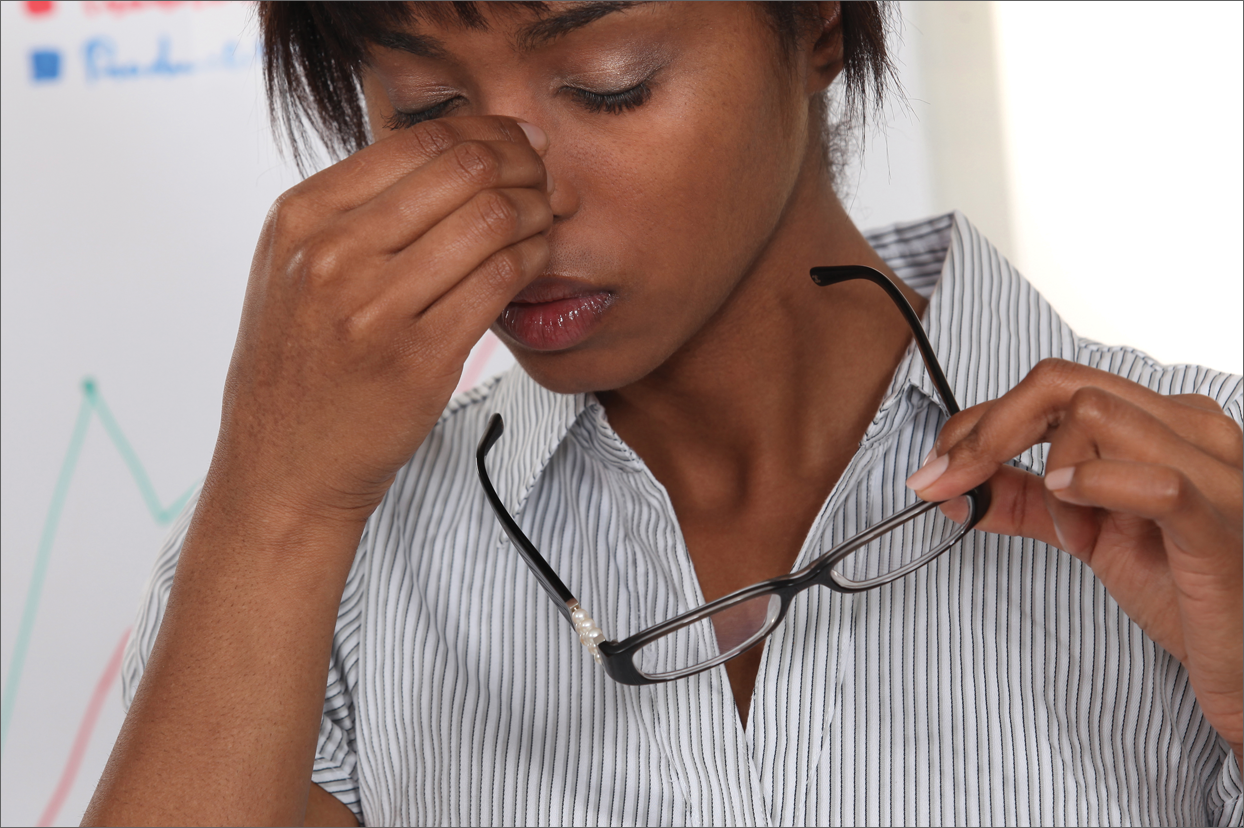March 27, 2023
Strategies to combat work-related stress
Have you noticed your employees’ work stress levels rising recently? Are they eating at their desks to meet deadlines? Calling in sick? Snapping at co-workers?
Here’s how to recognize the signs of stress and tips on what you as an employer can do to prevent it from hurting your employees.
Research shows the harmful impacts of stress
Numerous studies have found that stress at work is a major cause for concern and leads to physical symptoms. In one survey conducted by the Harvard T.H. Chan School of Public Health, National Public Radio and the Robert Wood Johnson Foundation, 43 percent of workers said their job is bad for their stress – yikes!
In a 2021 APA Work and Well-being survey , more than 70 percent of workers say they typically feel tense or stressed out during their workday.
And the consequences: survey respondents reported that stress has an impact on their physical and mental health, results in overeating or skipping a meal, and nearly half say stress has caused them to lie awake at night in the past month. One in five respondents say they intend to seek employment outside of their company in the next year.
The most serious issue in the workplace for the development of illness that we in Total Worker Health need to solve is stress.
~ Dr. John Howard, NIOSH director
Persistent work-related stress can lead to lost productivity, health costs, burnout and turnover.
NIOSH Director Dr. John Howard knows stress is bad for business and bad for workers. In a video for the Healthier Workforce Center of the Midwest , he says, “The most serious issue in the workplace for the development of illness that we in Total Worker Health need to solve is stress.”
Top five causes of work stress
Different aspects of work — some within employers’ control — cause this stress. The top five work stress factors in 2021, according to the APA, were:
1. Low salaries (56%)
2. Long hours (54%)
3. Lack of opportunity for grown or advancement (52%)
4. Too heavy of a work load (50%)
5. Lack of paid time off or sick leave (50%)
Do managers expect 24/7 communications? Research has found that employees feel “anticipatory stress” when they feel as if they need to respond to work email outside of work hours. Even if they haven’t received any work emails during their off hours, the anticipation that they’ll need to be ready to respond quickly brings work stress into the rest of their lives.
Strategies for employers to address work stress
Employers can take steps to prevent stress from interfering with employees’ productivity, health and well-being.
First of all, identify which work factors are causing the most stress for your employees. An anonymous employee survey can uncover stressors. Then, consider the overall work environment.
The Harvard Gazette’s report on the Workplace and Health study recommends that employers take a holistic approach:
“Experts say many of these health problems can be corrected if companies adopt a much more significant role creating a ‘culture of health’ in the workplace where workers feel empowered to pursue living a healthier life.”
Build stress-relieving activities such as mindfulness into your workplace wellness program, if you have one.
To keep work stress from carrying over into the rest of employees’ lives, management can set clear expectations – and set the example – of not responding to after-hours emails. Encourage employees to take breaks and use their vacation time.
For more on the causes, warning signs and ways to combat work-related stress, view the guide on stress in the workplace from Helpguide . They include advice for employers to alleviate some of the common causes of stress their employees face:
- Clarify expectations
- Consult your employees
- Offer rewards and incentives
And, here are seven steps to help manage stress at work from the APA. Recommend these strategies for your employees, or follow them yourself if you feel stressed during the workday.
People think that stress is a natural by-product of work. You can’t have one without the other. But that doesn’t have to be the case. With these tips, you can prevent the negative health impacts of work stress.





